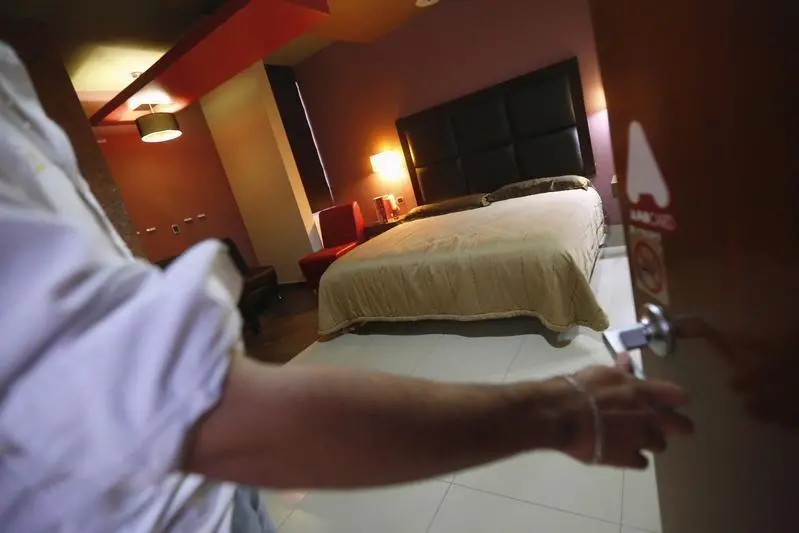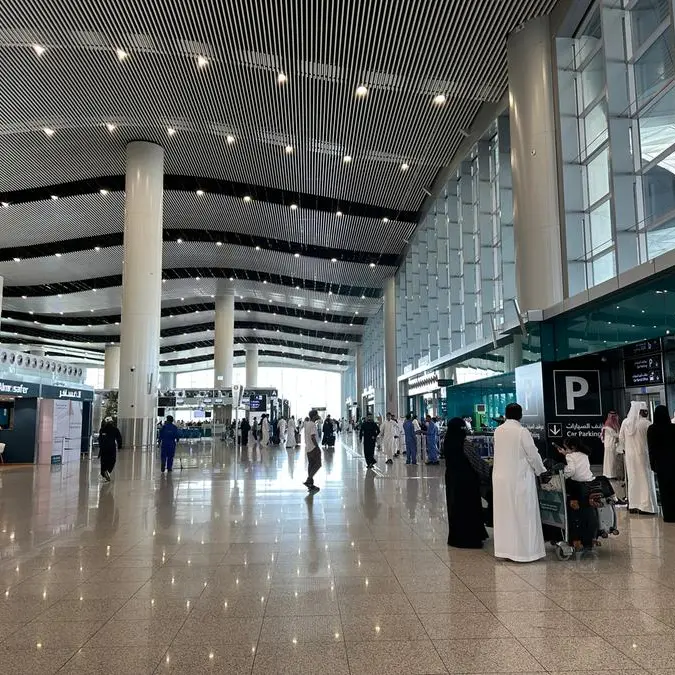PHOTO
Termination clauses are set to become a bone of contention for the hotel sector as owners impose strict performance targets on operators already facing tougher market conditions, according to research by an industry consultancy firm.
Tough economic conditions in recent months have seen hotel owners become increasingly more risk averse, with many now imposing clauses which make it easier for them to terminate contracts with operators if the property is underperforming, according to the results of a study of hotel contract trends in the Gulf released this week by TRI Consultancy.
The research, which was based on analysis of 85 hotel contracts it was involved in, as well as interviews with industry professionals across the Gulf, found over half of all contracts included a strict performance test.
Of those, 82 percent used a two-pronged test to determine targets for the operator to achieve to avoid termination. Generally TRI found owners were allowed to end the agreement if the operator failed to achieve around 80 to 85 percent of the budgeted gross operating profit (GOP) or the hotel's average revenue per available room (RevPAR) was 15 to 20 percent below the average for the area.
The research found most contracts did not apply the targets during the first three to five years after the signing of the agreement, but most owners now insist on being able to tear up the contract if the operator fails the GOP and RevPAR targets over two or three consecutive years after the contract has matured.
"With many institutional investors and investment funds getting into the regional hotel development space, who typically have shorter holding periods, we believe that the termination clause is likely to become an important discussion point between owners and operators in the near future," TRI said in the study.
The issue is likely to come to the fore as market conditions become increasingly more challenging. Data released in March by consultancy firm STR Middle East found the average daily rate in hotels across the Middle East in February was down 10.5 percent year-on-year to $182.45, while RevPAR for the same period was down 15.2 percent to $128.12. Qatar reported even bigger drops, with RevPAR down nearly a quarter to QAR322.72 ($88.57).
Shorter terms
The study also found differences in the length of hotel operator contracts in the region. While most mature markets see contracts being signed for 40 to 50 year terms, in the Gulf they are usually for 15 years. Luxury brands are usually able to command deals for 20 years, while some midmarket operators often settle for just 10 years.
"Based on our experience, owners and operators are faced with diverging interests in regards to the duration of the contract," the TRI report observed. "While owners would prefer a shorter contract to limit the risks of underperformance by the management company, operators would argue for a longer initial term as it has a direct impact on their assured future cash flows and company value."
In addition to shorter timeframes, location constraints have also become more frequent. "Owners are increasingly demanding an Area of Protection (AOP), or territorial exclusivity, preventing the operator from owning, operating or franchising another property of the same brand within a specified geographical area," the study found.
This generally applied most to luxury brands, where the AOP is usually no less than an average of 21 kilometres. However, the study found the radius is often smaller in more mature markets where there is more demand, such as Dubai, Riyadh, Abu Dhabi and Doha.
Many contracts also include a clause to allow the AOP radius to be reduced after an initial period of eight to ten years, if the operator manages to meet their performance targets.
© Zawya 2016





















